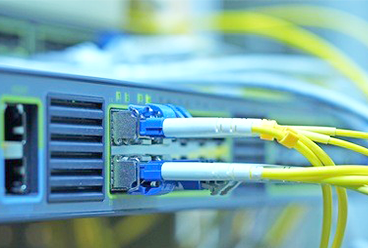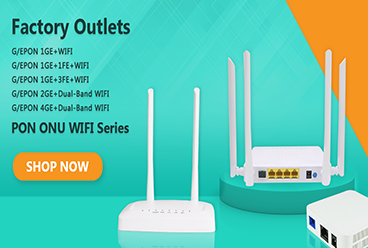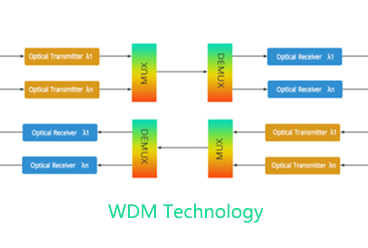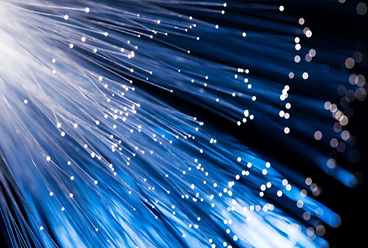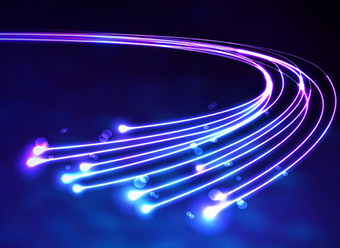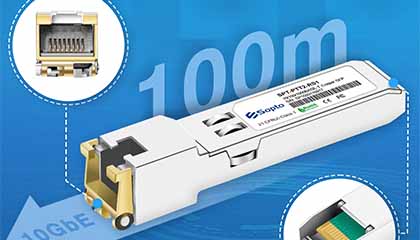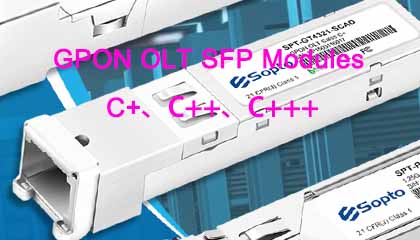Selecting the most suitable fiber optic fusion splicer requires careful consideration of various factors to ensure the equipment meets your specific requirements and budget. Here's a comprehensive guide:
1. Application Scenarios
FTTH (Fiber-to-the-Home) or Local Fiber Cabling
For routine fiber splicing that demands portability and ease of operation, an economical single-core fusion splicer is recommended.
Data Centers or Long-Distance Trunk Cable Deployment
For projects requiring high splicing precision, opt for high-performance splicers that support multi-core ribbon fibers.
Special Environments
In extreme conditions such as cold, humid, or dusty environments, durable fusion splicers with waterproof, dustproof, and shockproof features are essential.
2. Compatible Fiber Types
Single-Mode Fiber (SMF) and Multi-Mode Fiber (MMF)
Ensure the splicer supports the types of fibers you commonly use. Most splicers handle both SMF and MMF, while advanced models may also support ribbon and specialty fibers.
Fiber Diameter Range
Verify that the device accommodates the fiber diameter required for your projects (typically 125µm for standard fiber cores).
3. Performance Parameters
Splicing Loss
The lower the splicing loss, the better the splicer performance. High-quality models typically achieve a splicing loss of less than 0.02dB for single-mode fibers.
Alignment Technology
Common methods include cladding alignment and core alignment. Core alignment provides higher precision, suitable for high-quality cabling projects.
Splicing and Heating Time
Efficient splicers reduce splicing time to 7–9 seconds, ideal for large-scale deployments.
4. User Experience
Display and Interface
High-resolution color displays and user-friendly interfaces improve operational efficiency.
Portability
For frequent transportation, lightweight splicers under 2.5 kg are preferable.
5. Additional Features
Automatic Calibration
Ensures consistent splicing quality in varying environments.
Data Storage and Export
Advanced models record splicing data for quality tracking and project validation.
Battery Life
For outdoor projects, choose devices with long-lasting batteries capable of over 200 splices per charge.
6. Brand and After-Sales Support
Choose a trusted brand with a good market reputation to ensure product quality and reliable after-sales service. Check whether the supplier provides timely technical support, spare parts replacement, and repair services.
7. Budget
Entry-Level Models
Ideal for users with a limited budget, priced between $400–$1000.
Mid- to High-End Models
Offer superior performance for long-term or complex projects, typically priced above $1000–$2000.
Sopto Technology: Your Reliable Fusion Splicer Provider
Sopto Technology offers fusion splicers tailored to various application scenarios and workloads, backed by worry-free after-sales service and technical support. If you're interested in Sopto's fusion splicers, feel free to contact us for detailed information and pricing!
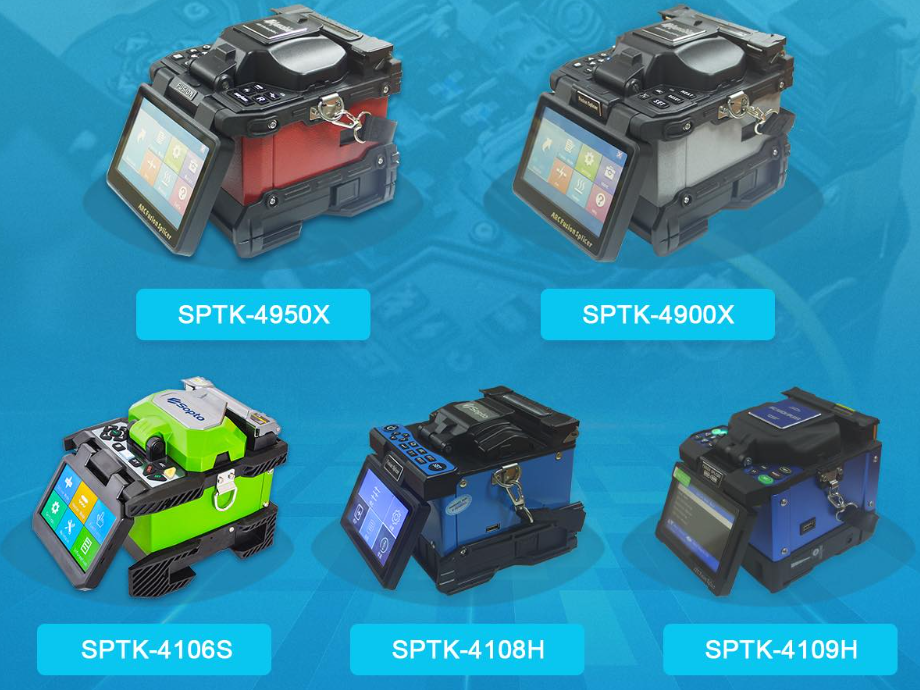
Tags : fusion splicer
— END —




